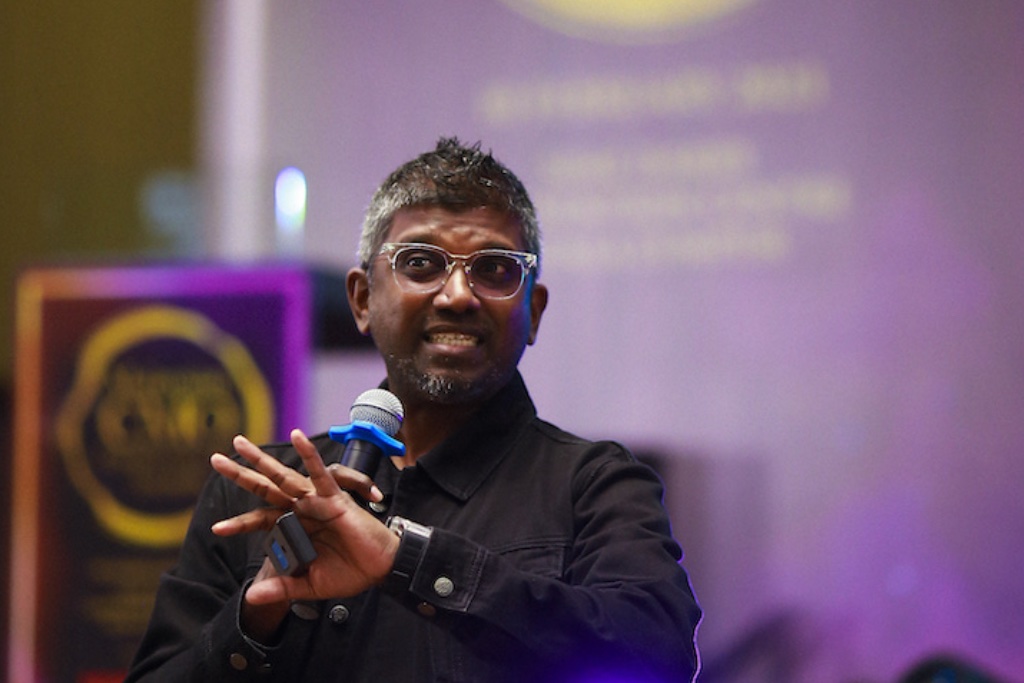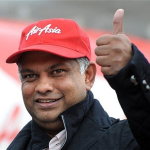How a little madness is creating new pathways by thinking upside down at MBCS
BY THE HAMMER
When Stanley took to the stage (floor actually) at the recent Malaysian CMO Conference, and his topic for the day had many squirming in their seats: How to be stupid together.
Stanley Clement is CEO of Mediabrands Content Studio (MBCS) and they won Gold at the regional Campaign Agency of the Year awards recently.
He continues… being stupid is an essential component of any successful organization.
While technical knowledge and experience are undoubtedly crucial, the ability to be stupid is a critical trait that separates the truly exceptional from the rest.
Stan defines being stupid as the ability to adopt a whimsical thought process led by childlike innocence to test the bounds of their own imagination and redefine what is possible.
There are no stupid mistakes.
Contrary to popular belief, dumb doesn’t mean stupid.
Being stupid includes skills such as self-awareness and humility, allowing individuals to mask questions and propose ideas that may be considered absurd or impossible.
There are several reasons why this ability is vital for constant innovation.
For one, individuals with this ability can challenge the norm and propose ideas that may not have been considered otherwise.
Breaking the status quo requires a certain amount of stupidity.
These individuals are able to see situations from multiple perspectives and communicate effectively with team members to find mutually beneficial solutions.
In addition, people with this skill are more adept at managing ambitious campaigns and proposing unique solutions, especially in challenging situations.
This helps them to inspire and remotivate their team members, even when the going gets tough.
Ask questions
More often than not, the most ridiculous ideas work the best, “It just took one person to ask, “What if ah?” one morning at Hot FM to bring them their highest numbers in years,” regarding Khairy joining Hot FM as a radio jockey.
Another key component of this skill is awareness, which involves understanding when and where to use this mindset.
Although he believes that innovation equals doing something different today, it doesn’t mean that one should suggest a wild idea two days before a campaign is to be launched.
Those who can honestly ask, “What if?” are also better equipped to pitch fresh ideas, think outside the box and provide solutions that create new breakthroughs.
BTW, S also stands for Stanley.
MARKETING Magazine is not responsible for the content of external sites.











